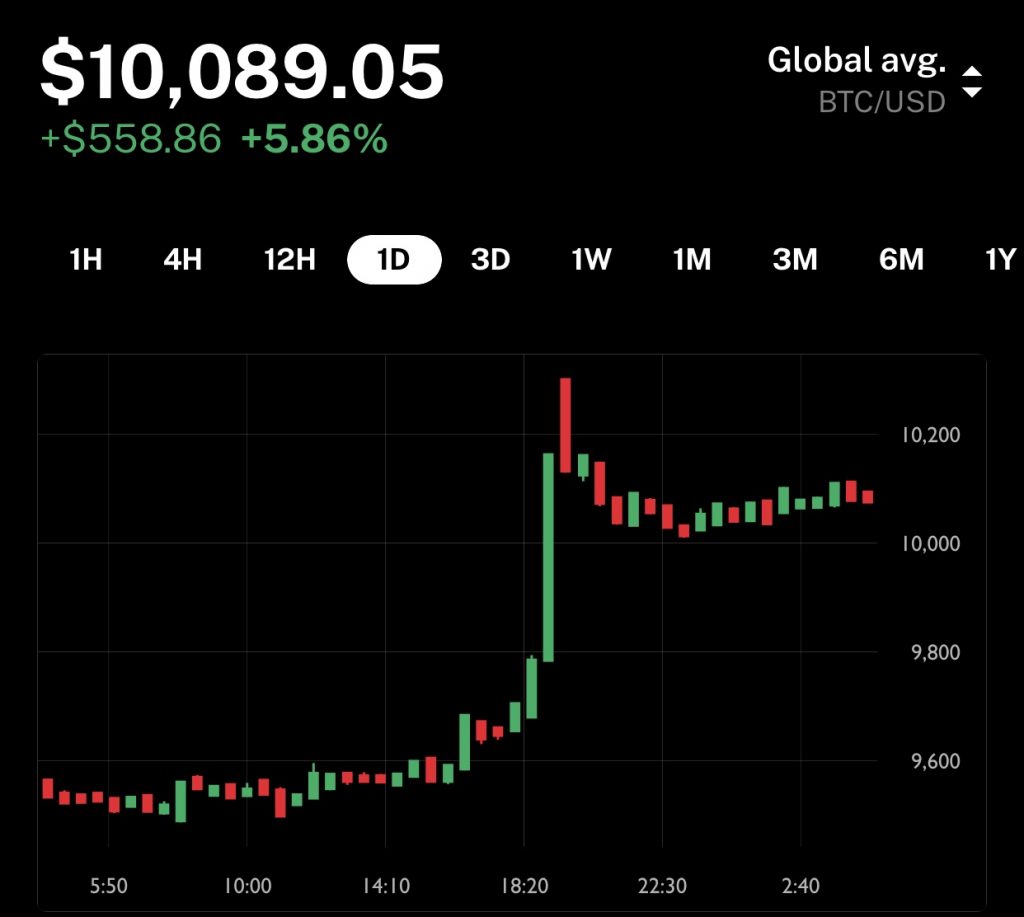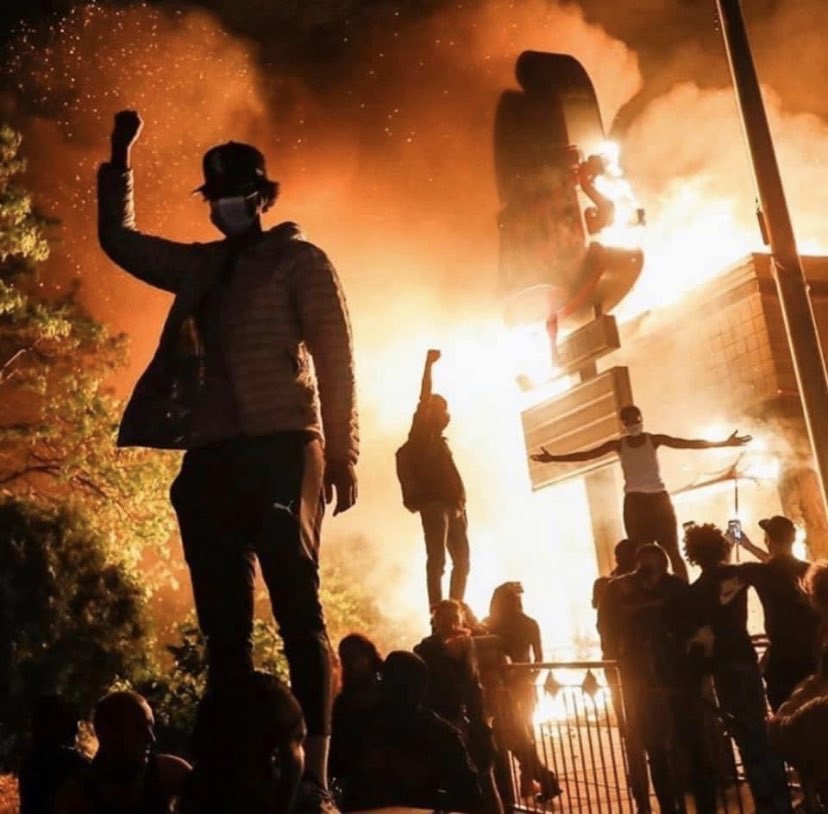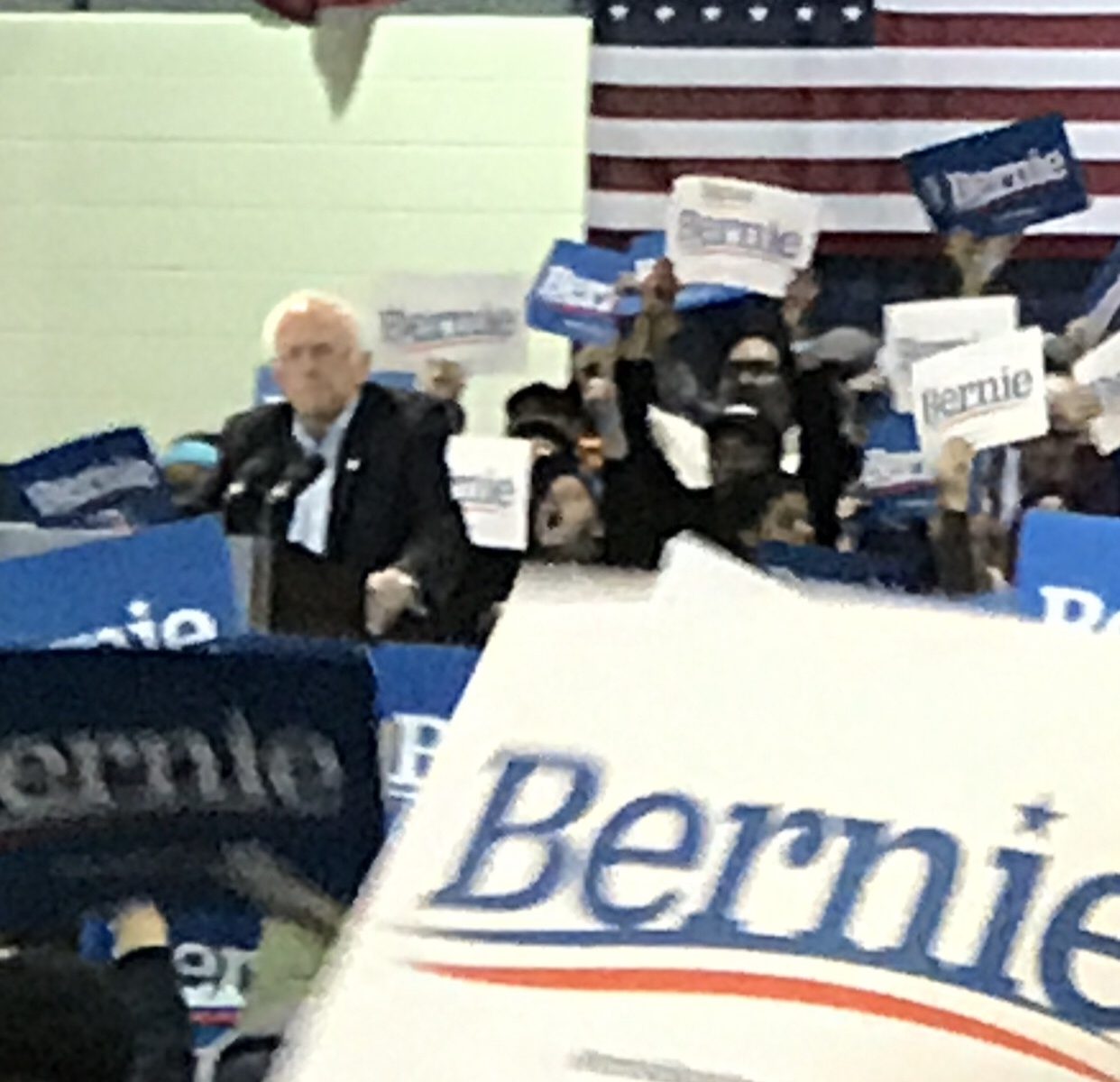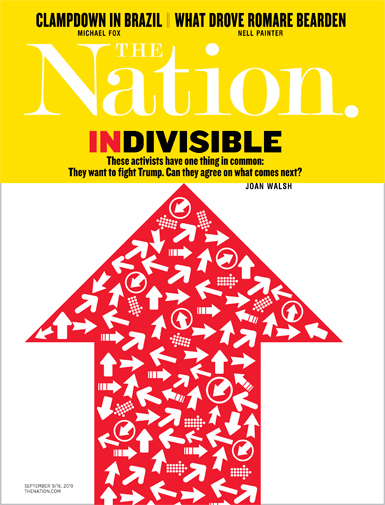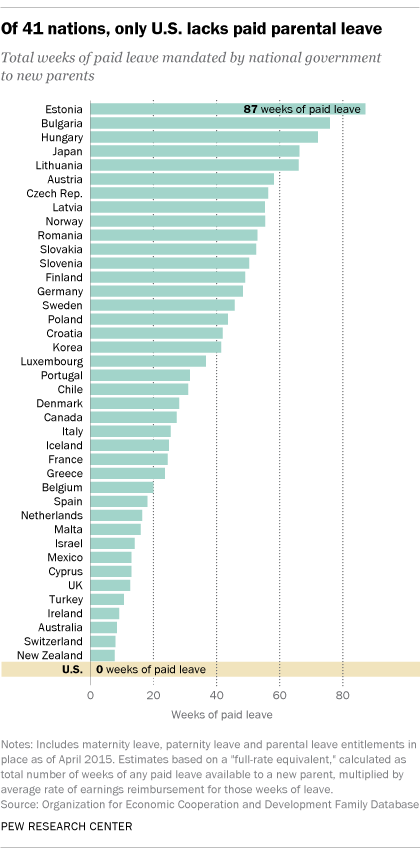So yesterday was the Nevada caucus, which Bernie Sanders won, solidifying his status as front runner for the Democratic nomination. And the pundit class is losing their shit. Between Chris Matthews’s fears about guillotines in Time Square and James Harville’s recent comments, it’s clear that the masks are off for the Democratic elites.
Sanders is clearly benefiting from Democratic moderates being unable to coalese around a favorite, and are splitting the vote between Biden, Buttigieg, Klobuchar and Bloomberg. It’s clear that they clear any kind of real systemic change, and some of them are wondering out loud whether they’d be better off with another four years of Trump than they would a President Sanders.
My take on the political reality in the United States has been influenced by this 2016 post, The Three Party System.
There are three major political forces in contemporary politics in developed countries: tribalism, neoliberalism and leftism. Until recently, the party system involved competition between different versions of neoliberalism. Since the Global Financial Crisis, neoliberals have remained in power almost everywhere, but can no longer command the electoral support needed to marginalise both tribalists and leftists at the same time. So, we are seeing the emergence of a three-party system, which is inherently unstable because of the Condorcet problem and for other reasons.
The Three Party System, by John Quiggan
To be a Sanders supporter at this point in time must feel similar to what Trump supporters felt during the 2016 GOP nomination, although Sanders is well ahead of where Trump was at this point in the process due to the fact that hes been at it for so much longer. Still, it is exciting to watch everyone losing their minds in real time. Obviously, we’re a ways away from Sanders locking the nomination, and there is a lot that the Democratic Party leadership can do to try and screw Sanders over, but we’re looking at a pivitol moment in American history, as a self-proclaimed Democratic Socialist is leading the fray.
Bloomberg/Klobuchar?
Elizabeth Warren’s evisceration of Bloomberg at last week’s debate was all anyone talked about for days after. It’s a bit early to tell if Bloomberg is done, but he still has a lot of money left in his war chest. The parallels between Bloomberg and Trump are just too much for me, but on the plus side, nothing has been better for Bernie’s anti-plutocrat message than an actual billionaire trying to buy his way into the Democratic nomination.
I’m not sure where I first picked this theory up, but it may be that Bloomberg’s campaign is just a giant money-laundering operation for the eventual (moderate) nominee. My understanding of Federal campaign finance laws may or may not be accurate, but my working theory right now is that Bloomberg will be rolling over his remaining campaign funds to whoever the moderate’s choice turns out to be when he does. My guess is Klobuchar. He rolls over a couple hundred million to her directly, bypassing the $5400 contribution limit and allowing her to use the funds directly instead of going through a super pac.
Biden’s support among African Americans
Sanders has a clear majority of support among Latinos and and most young people, but there is one demographic where Biden is still holding: older African American voters. Much of this is likely due to the connection to Obama. Also, the Cold War connotations of socialism still have much negative influence on older populations. This, combined with Bernie’s reluctance to talk about racial issues in anything other than class terms, has likely hurt his support among this demographic, and is one of the major challenges that needs to be overcome.
Sanders support clear among the youth
There is a clear plurality of support for Sanders among young people, many of whom have higher opinions of Socialism than Capitalism. Given the economic conditions of the past forty years, it’s not hard to see why. This dichotomy between the younger working class and the Boomer elite that has been in charge of the neoliberal power structure for the past decades is the source of much of the friction that we’re seeing today. Also, the younger generations have long recognized the threat of climate change and are willing to enact a Green New Deal to combat it, and this scares the hell out of the establishment.
Given the clear support for Sanders among these younger people, the question now becomes whether Democratic power brokers are willing to let the youth decide this election, or whether they’re going to try to eliminate a Sanders nomination via a brokered convention.
The end of the Democratic Party?
It’s clear that the GOP is now the party of Trump. Some long-time moderate Republicans have fled, changing their affiliations to independent, or even Democratic. What will happen after a Sanders nomination? Will we see a similar exodus of billionaire-friendly plutocrats flee? Will it spark a Randian-style capital flight?
The better question I think is what will happen if the neocons put their hand on the scale against Sanders, or even if there’s the appearance of interference. I can only imagine the ruckus that will happen. No doubt it will make the 1968 convention look tame. The widespread disillusionment among Sanders supporters in the general election would be significant. Of course it depends on who the alternative nominee is. Bloomberg would be a non-starter for most, including myself. Warren or Klobuchar might actually be the compromise choice that their campaigns are making them out to be. Not that I think there’s room for compromise at this state of late Capitalism.
Will elites crash the economy to spite Sanders?
I’ve seen lots of chatter in the finance space about irregularities in the repo markets, as well as additional quantitative easing by the Feds. It seems that there’s a lot of money being pumped into the system, most of which is going into the markets. This has continued the stock market’s rise in the face of other tepid economic indicators. Trump has been obsessed with keeping up these appearances, as a successful economic outlook is most critical to his success this November. However, with interest rates at such a low point and a good number of masters of finance warning about an impending crash, the ability of the Fed and central banks to keep the show going is questionable. A recession is likely, the question not if but rather when and how bad.
There are signs that the Coronovirus may be a black swan event that may already be precipitating this slowdown. Last week Apple announced that they were not going to hit production targets because of factory closures in Asia, and it is likely that other supply chains are going to be affected if the disease continues to spread. This could be the proverbial straw that breaks the camel’s back and starts a new global recession.
A pullback before November would be disastrous for Trump, whoever is president in 2021 will have to pay the piper in some form or another. A Sanders presidency could have to deal with the threat of Capitalist rebellion. As Sanders begins enacting his reforms to decrease wealth inequality, those with wealth fill fight tooth and nail to stop him. Any economic slowdown, rather than being recognized as the result of four decades of neoliberal economic policies, will be blamed on Sanders socialism.
On the bright side
Jacobin magazine had an issue some time back called A True Story of the Future, looking back from the near future at how Sanders not only won the presidency, but managed to transform the country by instituting Medicare For All and a Green New Deal. Realistically, it talked about the fact that the real challenge for Sanders would be after he won, as the ruling class of wealthy elites will do everything they can to undermine a President Sanders and prevent his agenda from destroying the status quo. The authors of the Jacobin piece take a look at steps Sanders and his supporters can take to make sure that the movement keeps going and that we get what we’re fighting for.
